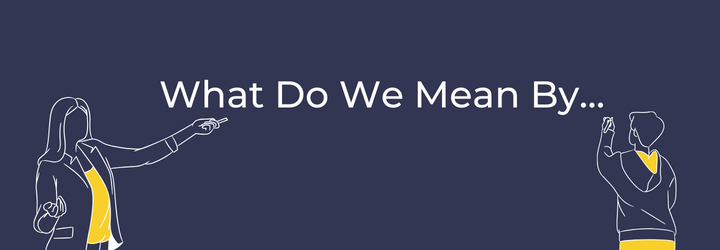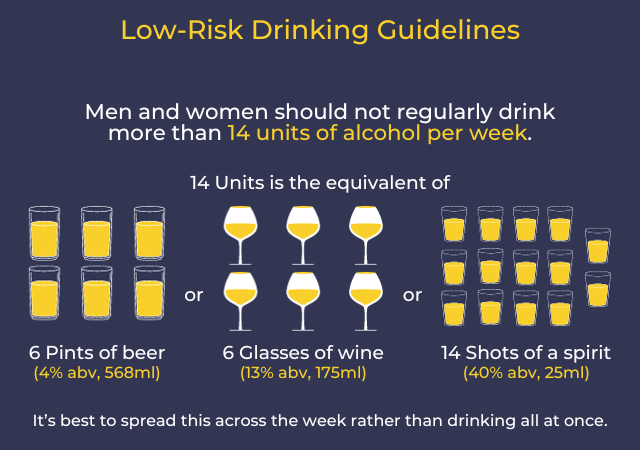



These are services that are delivered from and within local communities. This might be in people’s own homes as well as in places like health centres.
The Public Bodies (Joint Working) (Scotland) Act 2014 (the Act) required Local Authorities (Councils) and Health Boards to integrate the planning of some health services and functions and most social care functions. Dundee City Council and NHS Tayside deliver integrated services as Dundee Health and Social Care Partnership (sometimes shortened to the ‘Partnership,’ ‘DHSCP’, ‘HSCP’ or H&SCP). The HSCP is a way for both organisations, along with the Independent and Third Sector, to deliver the services planned by the Integrated Joint Board.
This is a way of working that aims to tackle the underlying causes of poor health and wellbeing. Instead of waiting for people to become unwell or need support from services, the aim is to prevent that happening. This way of working often involves working with whole communities or populations.
This is a way of working that aims to ensure people get the care, support and information that they need as early as possible so that their situation does not get worse.
Harm reduction refers to policies and practices that try to reduce harm that people experience through their drug use. It focuses on 'safer' use and has also been developed as a way of educating young people about drug use.
Injecting Equipment Provision (IEP) formerly known as the Needle Exchange Scheme Providing information on 'safer' drug use
Information on where to find Harm Reduction Services can be found HERE.
This is the day-to-day healthcare available in every local area including: GPs (general practitioners), the family or local doctors and community/practice nurses.
This includes charities, social enterprises and voluntary groups, In health and social care. They deliver essential services including those commissioned by the Health and Social Care Partnership.
People can experience trauma as a result of an event, a series of events or their life circumstances. Trauma can be physically and emotionally harmful and can impact people’s health and wellbeing for the rest of their life. Trauma-informed approaches to delivering services and supports are designed to understand that people may have experienced trauma and to better meet their needs.
Evidence-based approaches utilise research to improve the delivery of services and demonstrate the highest level of effectiveness based on a set of evaluation or research criteria.
Assertive outreach entails services actively trying to engage with those identified as at risk of serious harm. This happens regardless if the person has reached out to or is engaging with services. The aim is to offer support and encouragement, and reduce barriers to support for those who need it most.
Alcohol units are a way of stating the amount of pure alcohol in a drink.
One unit of alcohol is equal to 10ml of pure alcohol which the average adult can process in an hour.
Guidelines for both men and women are:

To keep health risks from alcohol to a low level, it is safest not to drink more than 14 units a week on a regular basis. If you regularly drink 14 units per week, it is best to spread drinking evenly over three or more days. If you have one or two heavy drinking episodes a week, you can increase your risk of death from ling-term illness and from accidents/injuries. If you want to cut down the amount you drink, try to have several drink-free days a week.
More information about drinking guidelines can be found HERE
A carer is anyone, including children and adults who look after a family member, partner or friend who needs help because of their illness, disability, mental health or an addiction and cannot cope without their support. The care they give is unpaid and many do not see themselves as carers initially.
The roles and responsibilities that carers provide can vary widely. This help can range from everyday tasks to emotional support.
Dundee Carers Centre provides support for carers in Dundee.
Independent advocacy is about speaking up for, and standing alongside individuals or groups, and not being influenced by the views of others. It is about everyone having the right to a voice, which addresses barriers and imbalances of power, by ensuring that an individual’s human rights are recognised, respected and secured. Advocacy can have a preventative role and stop situations from escalating, and it can help people being supported develop the skills, confidence and understanding to advocate for themselves.
Independent advocates work or volunteer for independent advocacy organisations. Advocates help people get the information needed to make choices about their circumstances and support the person to put their choices across to decision makers. They may speak on behalf of people who are unable to do so for themselves. For more information on you local advocacy service click HERE.
The Alcohol and Drug Partnership defines Lived Experience as: ‘’ A person using substances, in recovery, or with previous experiences of drug or alcohol use as well as a person with current or previous experience supporting/caring for someone in recovery or being impacted by someone else’s substance use.’’
There is no widely accepted definition of recovery. Recovery means different things to different people and that is OK.
Recovery can mean things like:
It is important to know, that whatever recovery means to you, that it is possible and we are here to support you. Support services can be found HERE.
Stigma is a negative attitude/view or false assumption about a mental, physical, or social feature of a person or group of people. It can be damaging to the individual in terms of their mental health and sense of self-worth.
Substance use has long been seen by many as a lifestyle choice, weakness or the consequence of poor decision making. This view is stigmatising as it connects substance use and failure.
To end the stigma around substance use, we need to have a kinder approach to those affected by it.
What can you do to help end stigma? See our #languagematters campaign.
The National Take Home Naloxone Programme contributes to a reduction in fatal opioid overdoses in Scotland.
Naloxone is a medication that temporarily reverses the effects of an overdose involving opioid drugs such as heroin, morphine or methadone. This allows time for emergency services to arrive and for further treatment to be given.
THN is available to anyone at risk of an opioid overdose.
Kits can be accessed through third sector drugs services, GPs and Nurses. Family members can also access THN without consent from the ‘person at risk’.
Evidence-informed practice is similar to evidence-based, but the level of evidence supporting the programs or practices is not as strong. Evidence-informed practices may be considered “promising” or “emerging,” depending on the strength of the existing research or documentation.